8 Reasons Why Fairy Tales Are Essential to Childhood
This post may contain affiliate links.
Not everyone believes in the importance of fairy tales for kids. In fact, 25% of parents recently surveyed said they wouldn’t read fairy tales to a child under five years old because they didn’t teach a good lesson or were too scary. Many of you shared your opinion about this on Facebook and please comment here, too – I want to hear your thoughts!
The fairy tale survey, quoted in this UK’s Telegraph article shared the top ten fairy tales parents don’t read and why. Reading through the list of reasons, I can only conclude that these parents have lost their reasoning skills –completely. For example the reason not to read Goldilocks is that sends a message to steal. Hardly. If anything, the message is don’t break into houses because a family of bears might live there.
I want to look at why fairy tales are important for kids; why they’re essential stories for childhood.
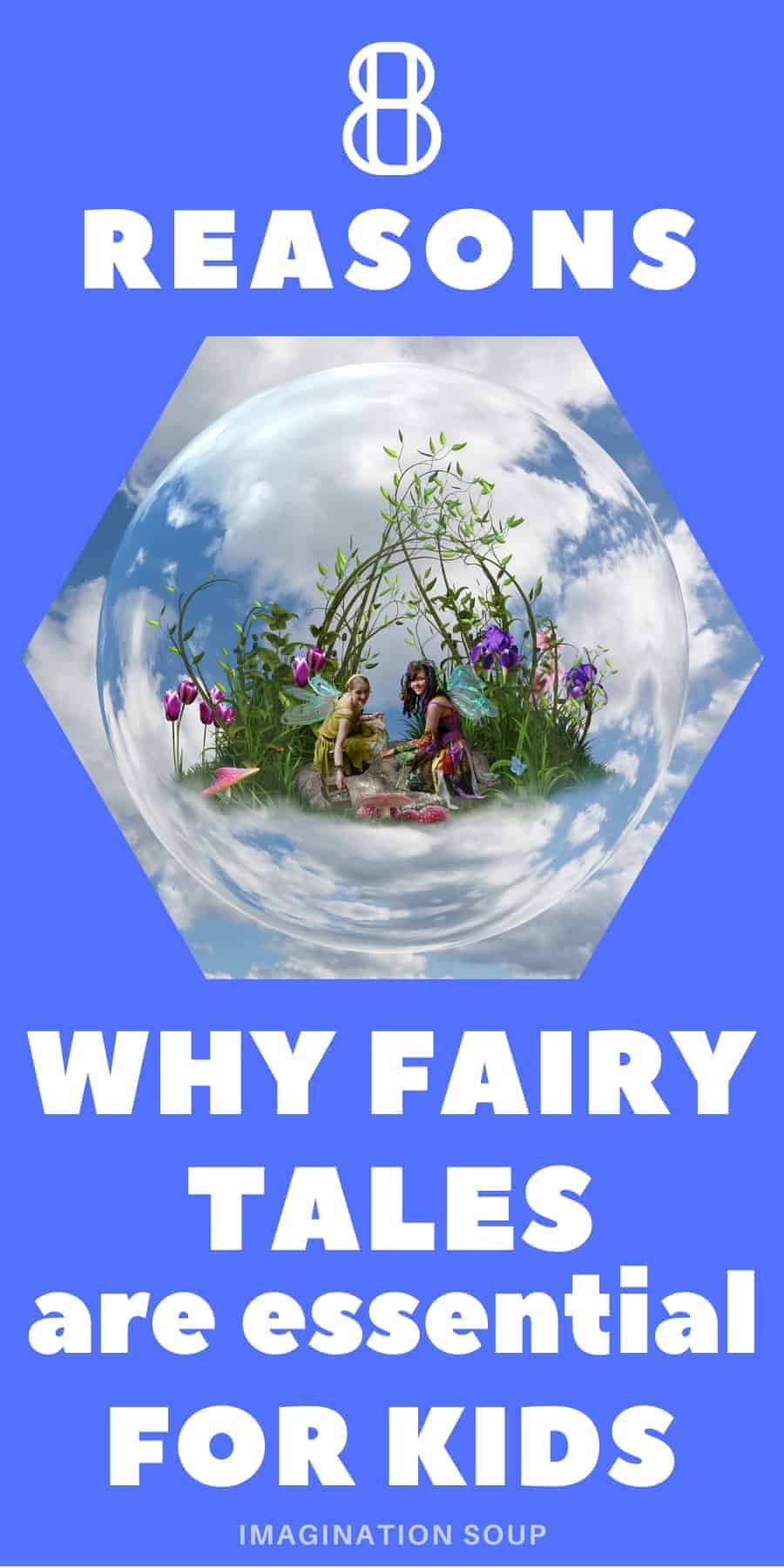
8 Reasons Why Fairy Tales Are Essential to Childhood
“If you want your children to be intelligent, read them fairy tales. If you want them to be more intelligent, read them more fairy tales.”
― Albert Einstein
1. Fairy Tales Show Kids How to Handle Problems
We learn from the characters in stories, even as adults. They help us because we connect to our own lives, dreams, anxieties, and consider what we would do in their shoes. Fairy tales help children learn how to navigate life. (Bettelheim, B. Uses of Enchantment: The Meaning and Importance of Fairy Tales.)
“Fairy tales do not tell children the dragons exist. Children already know that dragons exist. Fairy tales tell children the dragons can be killed.”
― G.K. Chesterton
2. Fairy Tales Build Emotional Resiliency
Fairy tales show real life issues in a fantastical scenario where most often the hero triumphs. (Except in Grimm originals.) Children need to discover in a safe environment that bad things happen to everyone. Because guess what? No one in life is immune from challenges — so we need to build capacity in our children. Do we build emotional muscles so our children can hang on during tough times or do we shelter our kids, protecting them, leaving them so weak they can’t handle anything requiring strength?
3. Fairy Tales Give Us a Common Language (Cultural Literacy & Canon)
Neil Gaiman writes, “We encounter fairytales as kids, in retellings or panto. We breathe them. We know how they go.”
4. Fairy Tales Cross Cultural Boundaries
Many cultures share common fairy tales like Cinderella, with their own cultural flavor. We read the versions and know we all share something important, the need to make sense of life with story, and the hope for good to triumph over evil.
5. Fairy Tales Teach Story
Fairy tales are understanding the basics of a story — setting, characters, and plot (rising action, climax, and resolution) as well as the difference between fiction and non-fiction. Once a child understands story structure, it supports his ability to make predictions and comprehend other stories he’s reading.
6. Fairy Tales Develop a Child’s Imagination
“When I examine myself and my methods of thought, I come to the conclusion that the gift of fantasy has meant more to me than any talent for abstract, positive thinking.”
― Albert Einstein
7. Fairy Tales Give Parents Opportunities to Teach Critical Thinking Skills
I absolutely hate Disney’s The Little Mermaid. A girl abandoning her life for a boy is rubbish and no kind of role model for my daughters. Even the original version shows a weak woman who dies for the man — I don’t like it. (But at least she suffers the consequences!)
But.
It doesn’t mean I won’t let my kids read the mermaid story. Sheltering doesn’t give my kids critical thinking skills. Exposure and guided conversation do! (Maybe with a few groans from the peanut gallery.)
8. Fairy Tales Teach Lessons
Use fairy tales to teach morals and lessons. What can you learn from Goldilocks? How about Cinderella or Jack and the Beanstalk?
So, are fairy tales too scary for kids?
Sometimes.
You need to consider a child’s age and developmental stage. We don’t read a two-year-old the original Rapunzel where the prince is blinded and bloodied because the child won’t understand it anyway. Use your judgment as a parent. Let your children use their judgment, too — they’ll be able to say if they think the story is too scary or not.
You need to consider time of day to read the fairy tales. Perhaps some fairy tales aren’t meant to be bedtime stories. So, read them at lunch!
Just don’t ban fairy tales from your child’s life forever just because some are scary or politically incorrect. You can easily find modified versions if that works better for your child and your family.
What are your thoughts about fairy tales?
What are your favorites?
“Though now we think of fairy tales as stories intended for very young children, this is a relatively modern idea. In the oral tradition, magical stories were enjoyed by listeners young and old alike, while literary fairy tales (including most of the tales that are best known today) were published primarily for adult readers until the 19th century.(complete:http://www.endicott-studio.com/gal/galWi…)”
― Terri Windling
KEEP READING
Huge List of Fairy Tale Books for Children
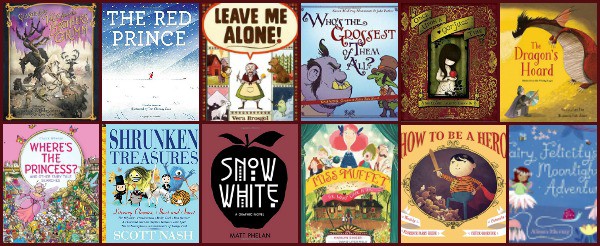
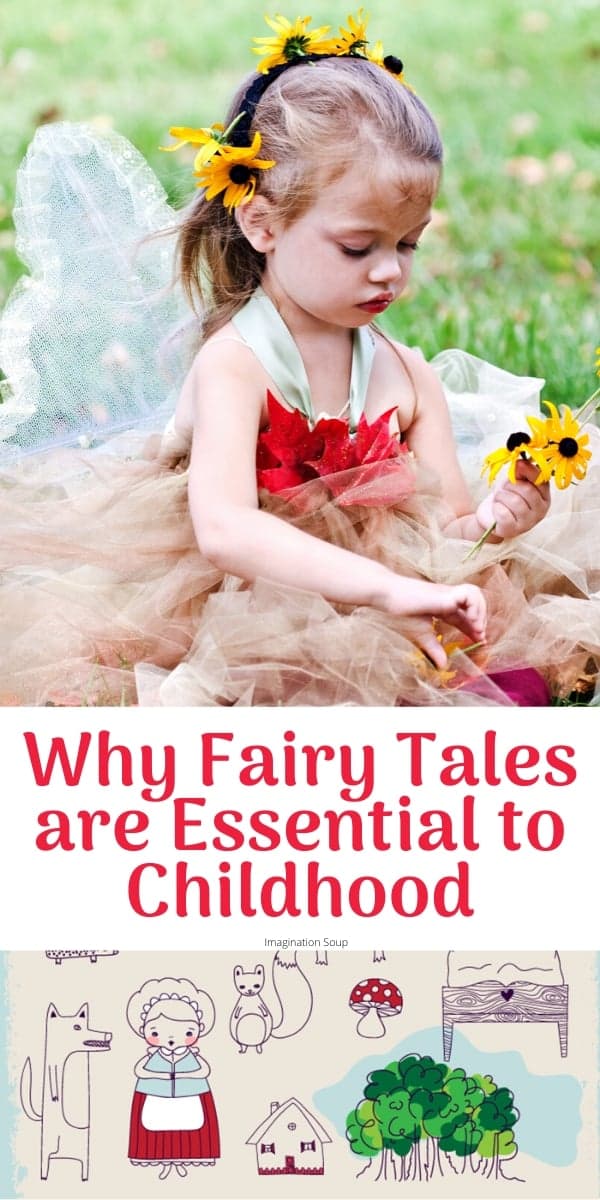

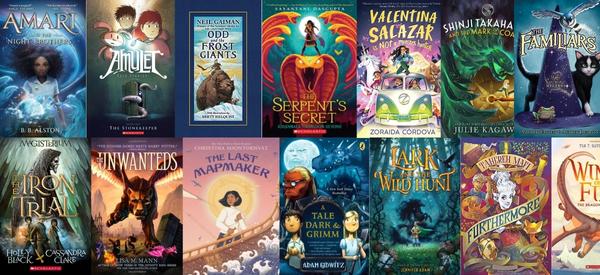
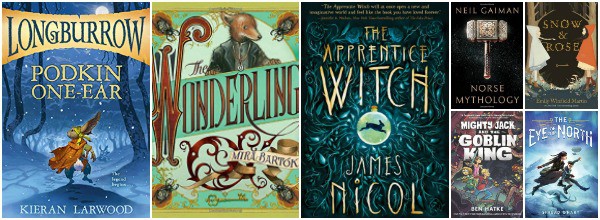
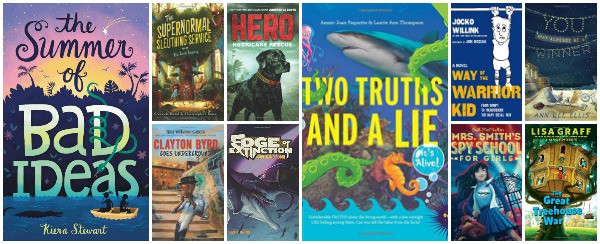

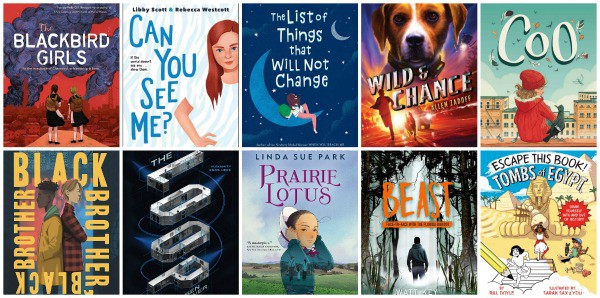


This is an insightful piece really. I develop apps around African folktales for Kids and even though these stories are drawn from a historical, moral and cultural context, I’ve received harsh criticisms from a section of my audience mainly of non-African backgrounds. I’d originally thought this was as a result of a lack of understanding of these African context from my Western audience. Alas, reading this, it turns out that it’s far more universal than I thought. Your views on the importance of fairy tales captures my very thoughts. Thanks for sharing.
Even talking about stopping fairy tales seems laughably ignorant
Why
would any one desire to restrict a child from enjoying them. This would
be akin to abolishing cartoons,or movies or music. Children are not as
concerned about any messages that the stories portray as much as they
are enjoying the entertainment aspect and maybe just hopefully a little
old fashioned parent child time together that makes it more special.
It’s a sad day when we as a people fail to take a detour from the
blandness of the everyday rat race to re-enter an imaginary realm of
talking animals and light hearted make believe!
I was told fairy tales from as far back as i can remember. They are magical and life needs this kind of magic . I’m 60 yrs young and still believe in fairies!!!! I think that they all give us something to think about that affects us in life 🙂
The young folks today are just a little ignorant !!!
http://nyteachers.wordpress.com/2012/12/04/why-are-fairy-tales-important-for-young-children-by-kayla-kenney-and-melanie-wagner/ Who copied whose article?
This makes me sad. I wrote this based on my own experience as a teacher and researcher, published it in February of 2012. The other article links to me in the second paragraph but used all my ideas and words, published it in December of 2012, as if it were their own. Not okay!
On kids, fairy tales and books I found this interesting project:
http://www.indiegogo.com/projects/fableme-make-your-kid-the-star-of-an-efairytale/x/4771447